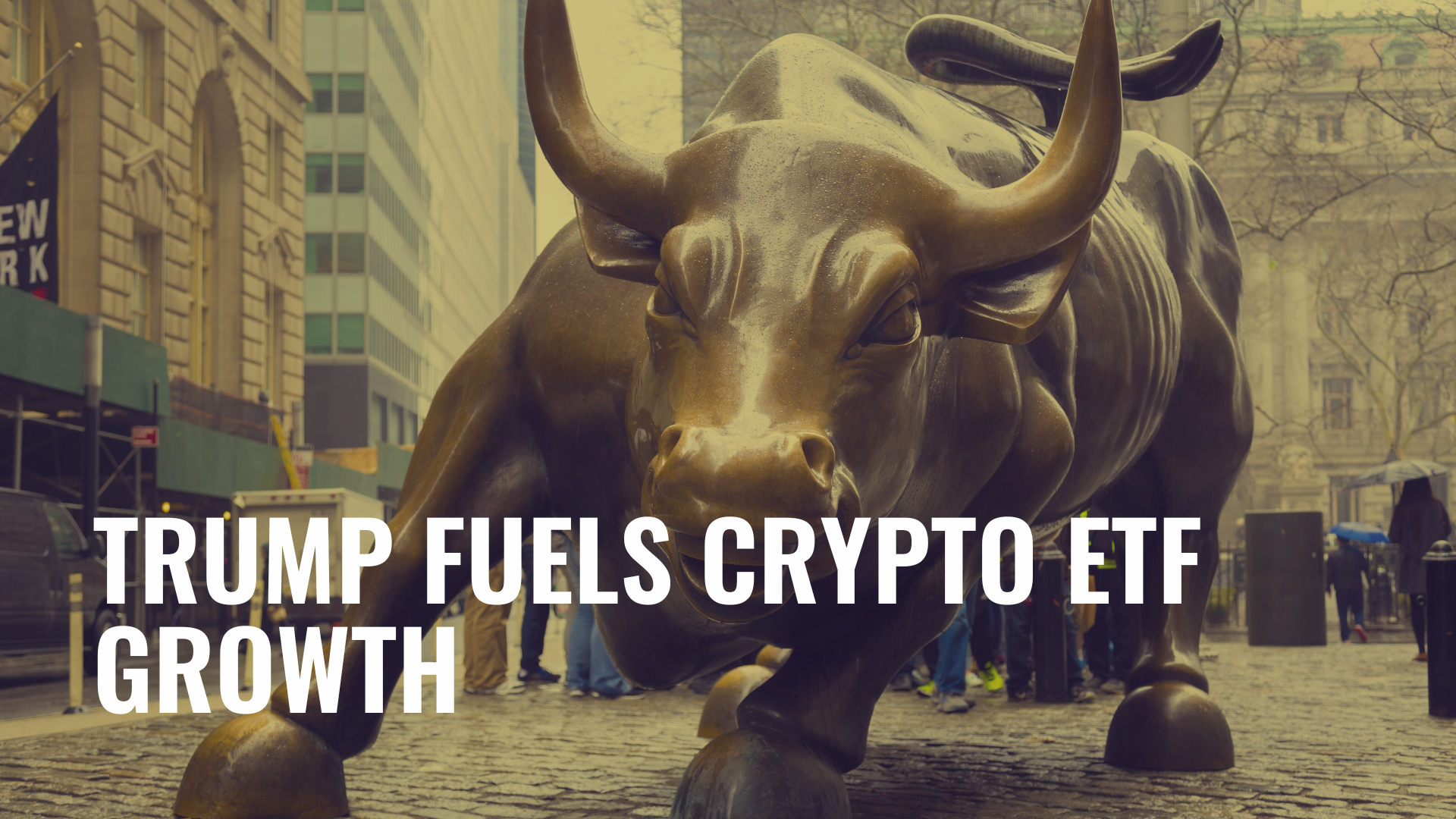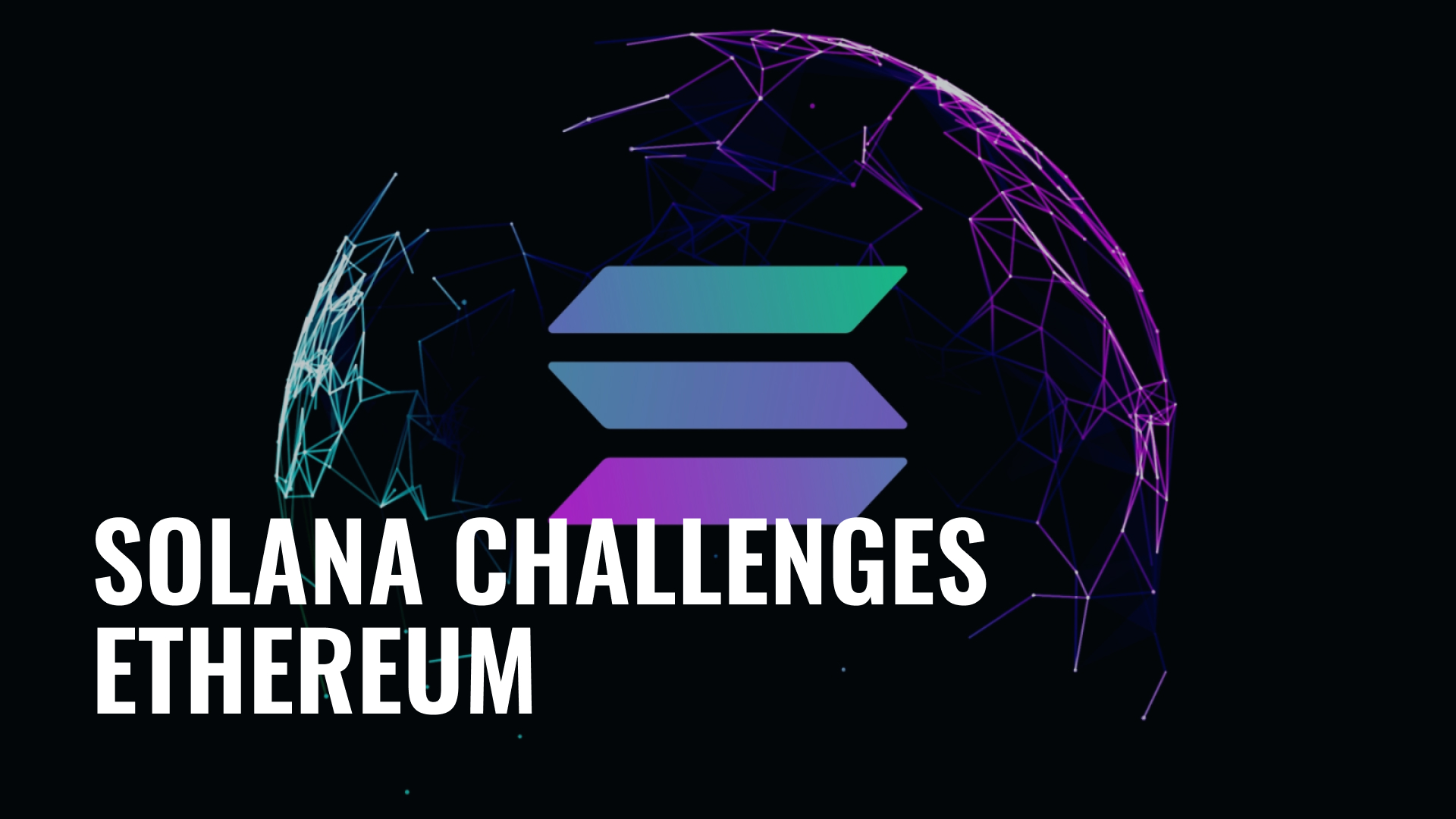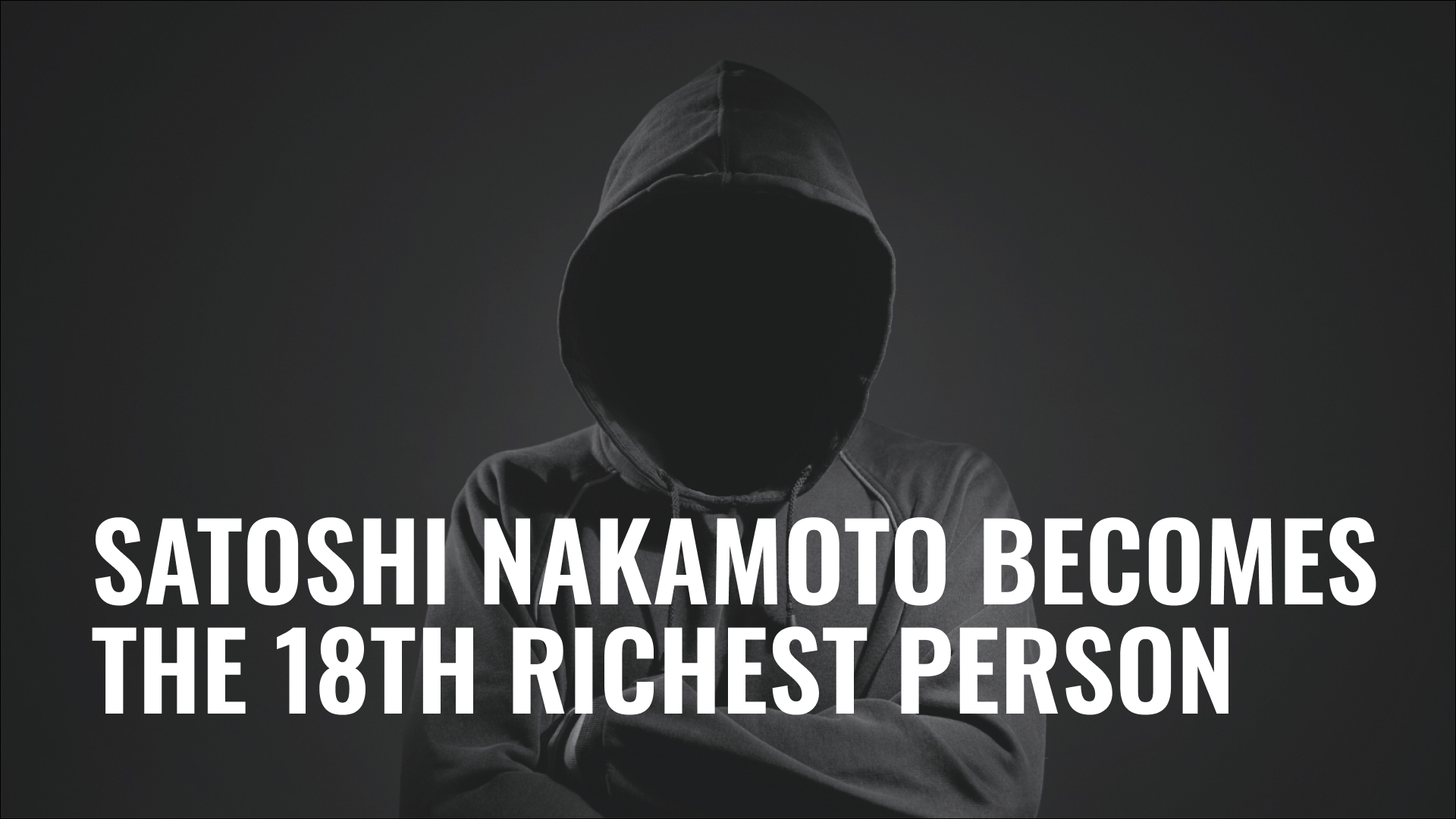How the End of the US-Saudi Petrodollar Deal Could Boost Bitcoin Adoption
Sentiment Status: Positive

The US-Saudi petrodollar agreement, a pillar of global economic structure since the 1970s, officially expired on June 9, 2024. Saudi Arabia's decision not to renew the deal has sent ripples through the financial world. This historic move could pave the way for Bitcoin to become a more prominent player on the global financial stage.
What Was the Petrodollar System?
For decades, the petrodollar system, born from a 1970s agreement between the United States and Saudi Arabia, required oil to be traded exclusively in US dollars. This ensured a constant global demand for the dollar, reinforcing its status as the world’s primary reserve currency. In return, the US provided military support and other economic benefits to Saudi Arabia.
Why the Deal Ended
Several factors contributed to the expiration of this agreement. Rising geopolitical tensions, evolving economic strategies, and a shift towards renewable energy sources played significant roles. Saudi Arabia's Vision 2030, led by Crown Prince Mohammed bin Salman, aims to diversify its economy and reduce its dependency on oil revenue, making the petrodollar arrangement less critical for the kingdom.
Bitcoin’s Moment to Shine
With the petrodollar no longer in play, countries are exploring alternatives to the US dollar for their reserves. Bitcoin, known for its decentralized nature and capped supply, is emerging as a viable option. Nations may begin holding Bitcoin to hedge against the instability of fiat currencies, thereby increasing its adoption and value.
The end of the petrodollar system could accelerate the adoption of decentralized financial systems. Bitcoin, the pioneer of decentralized finance, offers a secure and transparent way to conduct transactions, independent of traditional banking systems. This could lead to broader acceptance of Bitcoin and other cryptocurrencies in international trade.
In times of economic uncertainty, assets like gold have traditionally been viewed as safe havens. Bitcoin, often referred to as "digital gold," is gaining traction as a reliable store of value. Its limited supply and resistance to inflation make it an attractive option for investors seeking stability in a shifting economic landscape.
Challenges on the Horizon
While the end of the petrodollar deal could benefit Bitcoin, it also brings heightened regulatory scrutiny. Governments may increase regulations to maintain control over their monetary systems. The cryptocurrency community must be prepared to face these regulatory challenges to ensure continued growth.
Bitcoin’s notorious price volatility remains a concern. As it potentially takes on a more central role in the global financial system, developing robust financial instruments to manage this volatility will be crucial. Bitcoin futures and options could provide the necessary stability for institutional investors.
aboutTheAuthor
Ex-crypto miner and crypto enthusiast since 2019.


